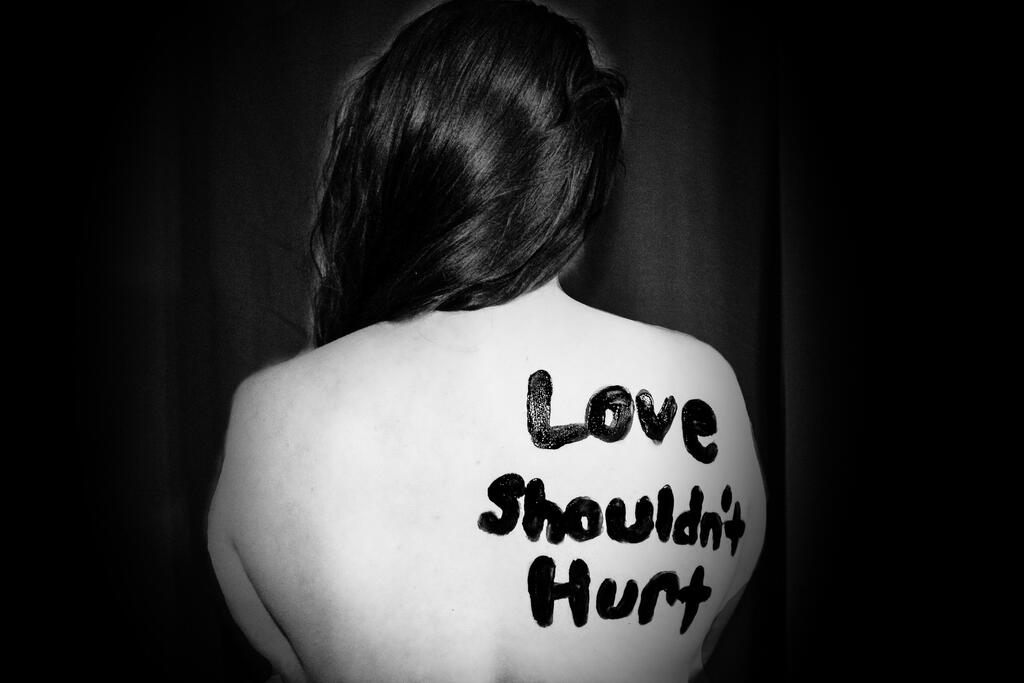Countering Violence with Consent – The 16 days of action against Violence Against Women
01 December 2016

Sometimes, people find it hard to identify whether they are engaged in consensual sexual activity with another person. The Supreme Court was recently able to say with complete certainty, in a sentence or two, that sexual intercourse without consent is rape. However, it took them many pages to explain what consent actually was. They came to the conclusion that it was based on a person’s own understanding – a very subjective standard which has been long abandoned elsewhere.
It is the same with our society in general. Most people will entirely accept that a sexual relationship must be consensual. However, it is only recently that we have begun to openly discuss how to identify what consent actually means in a relationship.
It is very important that we do so because, where sexual activity happens without full consent, then not only is it a crime, but it is also a terrible harm which can deeply damage those who have to suffer the lack of consent. Organisations working against sexual violence – including the Dublin Rape Crisis Centre and other colleagues in Ireland, constantly promote a clear understanding of consent by everyone and that everyone understands and respects the right of another person to refuse or consent freely to sexual activity.
While young people within and outside of colleges have been the most visible groups discussing consent, the dialogue is now wider. Our own experience at the Dublin Rape Crisis Centre is that people in long standing relationships who were impacted by sexual violence through lack of consent are now able to recognise it and to talk about it where previously, they just assumed that they had to put up with their lot.
It is because the promotion of consent is an important element in the Dublin Rape Crisis Centre’s opposition to sexual violence that we have chosen to focus on that for the international ’16 Days of Action’ against violence against women. Every year since 1991, from 25th of November to 10th of December, right around the world, those opposing violence against women band together during this time to highlight the harm that domestic, sexual and gender based violence visits on women and girls and the harm that it does to our society.
During these ’16 Days of Action’, we will be using Facebook and Twitter to highlight the need to #AskConsent and to stimulate the conversation about what consent means. We will also be supporting other organisations’ actions in this 16 Days campaign. While we will be hoping to engage in conversation on each of the 16 days, we will have a big day on Thursday 8 December, when we will be throwing the conversation open, asking followers and those who hear of the action to let us know what they understand by consent. The more people talk about consent, the more we raise awareness as part of our opposition to sexual violence.
We believe that a better understanding of what is meant by a consensual sexual relationship will contribute to the reduction of violence against women. It’s only part of the answer but it could truly make us a saner, more civilised society. Thoughtless sexual assaults would be reduced, even eliminated. Victims of assault would have a new way of understanding how to articulate that assault. Those in or contemplating sexual relationships would have healthier, more honest communication. Above all, as a society we would have more respect. Respect for ourselves, for our partners, for those around us.
Note:
Dublin Rape Crisis Centre runs the National 24-Hour Helpline for victims of sexual violence at 1800 77 88 88. Because mentions of rape or other sexual assault can affect some victims, we ask publishers of material to consider including the number in any material on the topic.